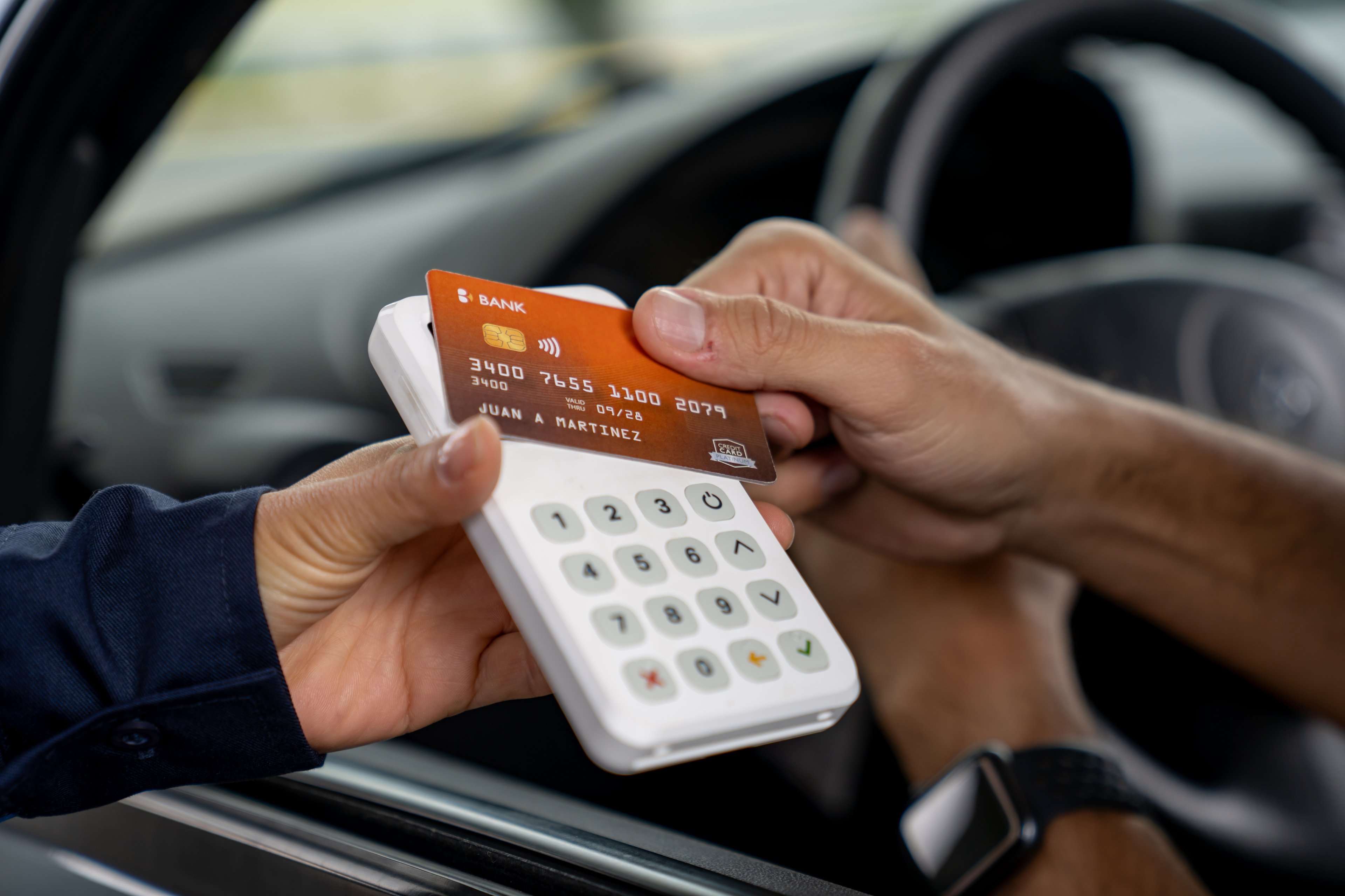Just before the beginning of the year, a bidding war broke out between the world's two largest payment processors for a small financial technology company. In late December, Visa (V 1.13%) made a $250 million bid to acquire Earthport, a British company that facilitates cross-border payments in a more efficient and transparent way. Weeks later, before Earthport's shareholders could vote on Visa's bid, Mastercard (MA 0.73%) swooped in with an offer of $300 million. In early February, Visa upped the ante to $320 million.
After taking time to think about it, Mastercard backed out of the bidding -- not because it was no longer interested in improving its cross-border payment capabilities, but because it decided to acquire Transfast, another cross-border payments provider, for an undisclosed sum.
Why are both credit card networks suddenly so interested in cross-border payments? Let's take a closer look at this industry before examining the ramifications of these deals for both Mastercard and Visa.

Mastercard and Visa bid up Earthport shares in an attempt to acquire the London-based fintech company, which specializes in making cross-border payments faster and cheaper. Image source: Getty Images.
What's the big deal about cross-border payments?
A cross-border payment takes place in any transaction where the buyer's and seller's banks are located in two different countries. For instance, if I flew to Italy from my home in Florida and bought a toy Roman soldier figurine at the Colosseum gift shop with my credit card, that would be a cross-border payment. My credit card is issued by a domestic bank, and the merchant's bank would presumably be based in Europe.
Don't be fooled by my silly example: Cross-border payments are a big business. In fact, total cross-border payment volume was estimated to be as high as $22 trillion in 2015, according to BCG Global. A large part of this, about 80%, is business-to-business payments, which is usually businesses ordering inventory and supplies from companies operating in foreign countries.
Another large segment of cross-border payments is international remittance payments, money sent from foreign workers to individuals in their home country. In 2018, these payments grew by 10% to $689 billion, according to the World Bank.
The fastest-growing segment of cross-border payments, however, is global e-commerce. In 2015, cross-border online sales totaled $300 billion. By 2020, they are expected to reach $900 billion, more than a 25% annual growth rate.
Traditionally, cross-border payments are some of the most opaque and expensive transactions to conduct. Using a decades-old process, these payments can bounce around among as many as five different banks -- with each taking a cut of the transaction -- before reaching their ultimate destinations.
Under Earthport's model, which is generally recognized as pioneering in the space, the payer's bank sends the money to Earthport, which then sends it directly to the payee's bank. The process is cleaner, cheaper, and faster than the traditional model of cross-border payments.
What this means for Mastercard and Visa
The most troubling number from Visa's first-quarter results was its relatively tepid cross-border payments growth of 7%. In the company's conference call, CEO Al Kelly said, "Cross-border is an area we're watching closely." CFO Vasant Prabhu noted that cross-border payments had slowed to low-single-digit growth through the first few weeks of the year and expected them to remain slow through the quarter. He noted that China trade worries, Brexit, and the U.S. government shutdown could all be weighing on the figure.
While these were all plausible concerns, Mastercard was facing the same worries and grew cross-border payments by 17%, noting it had not seen such a dramatic slowdown.
So the acquisition of Earthport could be a very big deal for Visa. In recent years, Mastercard has spent far more on tuck-in acquisitions intended to bolster its services revenue, its fastest-growing revenue segment. Visa's decision to not only go after Earthport but then outbid Mastercard might show a new recognition that it must spend more to continue competing with Mastercard. Earthport can settle transactions between 87 different countries, a number that is sure to grow now that it will be under the Visa corporate umbrella. Given Visa's slowing cross-border payment growth and the large market opportunity, this could conceivably move the needle for Visa, and sooner rather than later.
As for Mastercard, Transfast does not seem to be a poor consolation prize. Transfast's network covers 125 different countries using direct integrations with more than 300 banks, more numbers that will surely grow now that it is a member of the Mastercard family. In the press release announcing the acquisition, Mastercard Chief Product Officer Michael Miebach said, "We believe Transfast gives us the strongest platform to immediately enhance our cross-border capabilities and further deliver on our strategy." Transfast CEO Samish Kumar said there were "substantial synergies" for further growth.
To remain true global payments networks, neither Mastercard nor Visa can afford to ignore the cross-border payments market. Both these acquisitions, if they can be integrated into the companies' existing payment networks, look to help Mastercard and Visa modernize their cross-border payments capabilities and help them compete for a larger slice of this multitrillion-dollar market.







